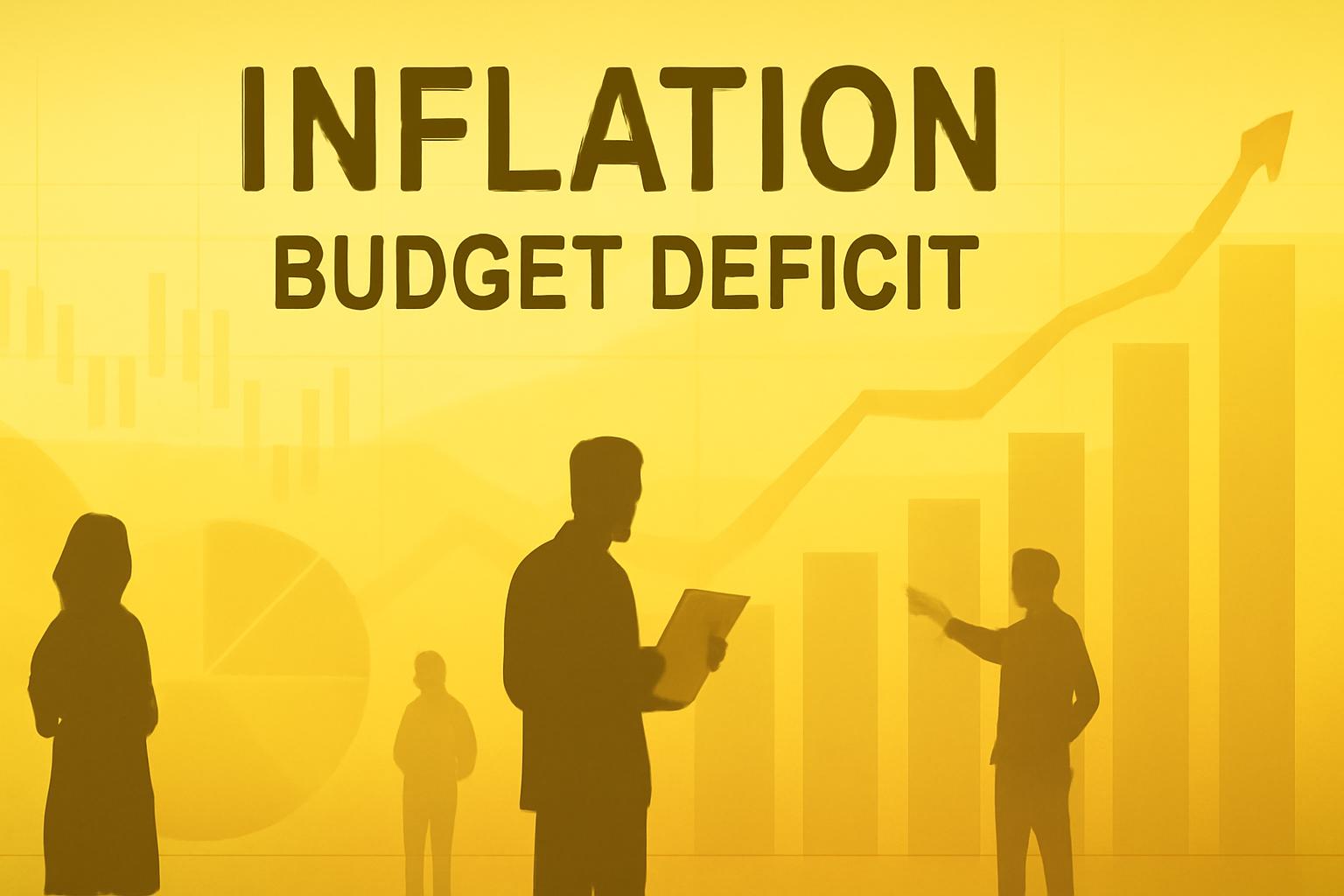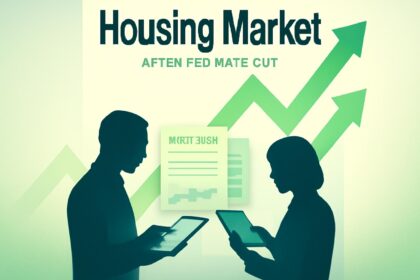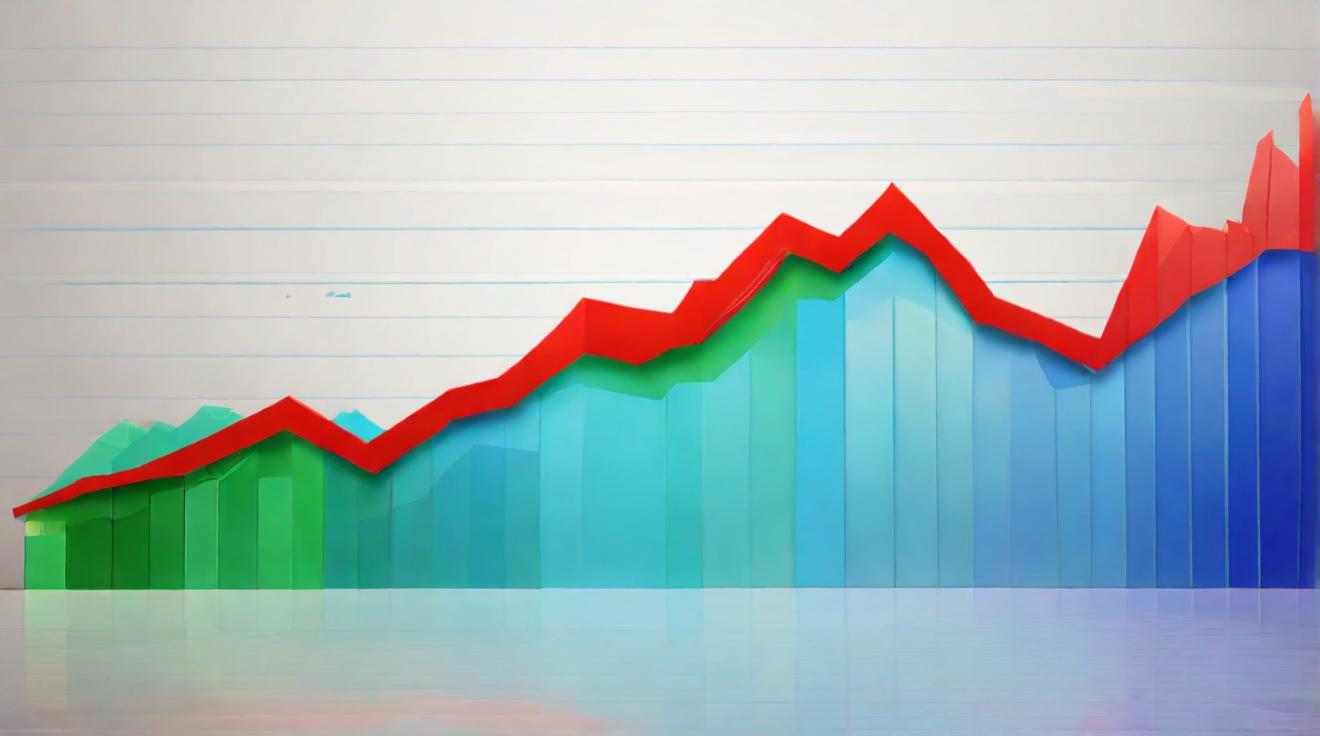Trump Tariffs Linked to Increased Inflation and Significant Deficit Reduction, Says CBO Director
Phillip Swagel, director of the Congressional Budget Office (CBO), stated Monday that tariffs imposed during President Donald Trump’s administration have driven inflation higher than CBO analysts previously anticipated. This perspective contrasts with many Wall Street analysts, who have prepared for tariff-induced price increases but have yet to observe substantial evidence of such effects.
In an interview on CNBC’s Squawk Box, Swagel noted that although the economy has weakened since January—an environment that typically suppresses inflation—the CBO’s analysis still attributes a notable uptick in inflation to the tariffs.
Long-Term Fiscal Impact: Deficit Reduction
Beyond short-term inflationary effects, the CBO projects that the tariffs will contribute to a significant reduction in the federal budget deficit. Over the next decade, the tariffs are expected to generate approximately $3.3 trillion in revenue and avert $700 billion in debt costs, amounting to a total deficit decrease of around $4 trillion.
“That would be a big reversal in terms of the deficit,” Swagel said, highlighting the fiscal implications of the trade measures despite the economic trade-offs.
Legal Uncertainty Clouds Future of Tariffs
The future of the tariffs remains uncertain as the Supreme Court prepares to hear oral arguments in early November. This follows appeals by the Trump administration against lower court decisions that ruled the president had exceeded his authority in imposing the tariffs.
Swagel identified the Supreme Court’s decision as “one of the key uncertainties in the economy.” However, the CBO expects that uncertainty to wane over time. According to the September CBO report, “The effects of policy uncertainty dissipate over time and disappear by the end of 2027, returning investment to what it would have been without the uncertainty in trade policy.”
FinOracleAI — Market View
The CBO’s assessment that Trump-era tariffs have elevated inflation introduces a nuanced risk for markets, particularly as inflation dynamics influence Federal Reserve policy and consumer behavior. The projected $4 trillion deficit reduction could be viewed positively by fiscal conservatives and credit markets, potentially supporting U.S. Treasury demand. However, the Supreme Court’s pending ruling injects legal and policy uncertainty, which may dampen investment and trade activity in the short term.
Investors should monitor the Supreme Court decision closely, as an unfavorable ruling could lead to tariff rollbacks, altering inflation and fiscal outlooks. Additionally, evolving inflation data will be critical to assess the tariffs’ ongoing economic impact.
Impact: neutral













